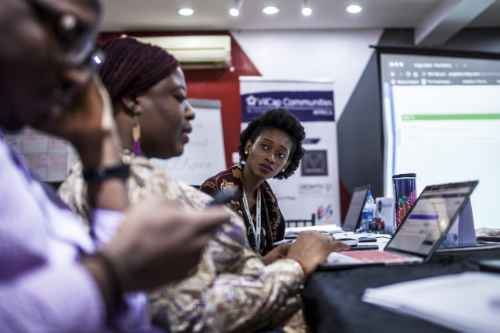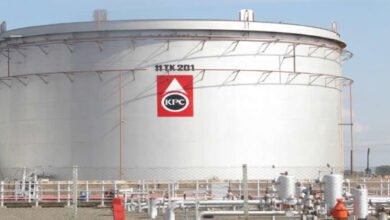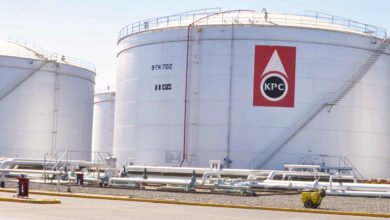
Village Capital, in collaboration with the Dutch Entrepreneurial Development Bank (FMO) and the Netherlands Enterprise Agency (RVO), has launched a $4 million Africa Ecosystem Catalysts Facility (AECF) aimed at supporting early-stage start-ups driving economic mobility and climate resilience across the continent.
The initiative is designed to putting local entrepreneur support organisations (ESOs) at the heart of investment decisions.
ESOs based in Ghana, Nigeria, and Tanzania, will serve as venture partners, identifying and nurturing promising early-stage businesses in their regions.
“This partnership is the first of its kind,” said Susan Nakami, Africa Region Lead at Village Capital. “We’re not just unlocking crucial capital, but also strengthening local ecosystems by working hand-in-hand with ESOs that have deep knowledge of their markets.”
The selected ESOs include Reach for Change in Ghana, Africa Fintech Foundry and Fate Foundation in Nigeria, and Anza Entrepreneurs and Ennovate Ventures in Tanzania. These organisations are expected to help drive funding to ventures that typically struggle to access early capital.
Also Read: African Startups Raise Over $1.4 Billion in H1 2025, With Kenya Taking Lead
Startup Funding in Africa
According to Partech Africa’s 2024 report, start-up funding in Africa declined by over 30% year-over-year, but early-stage capital remains especially scarce. Kenya, Nigeria, and Egypt continue to lead in start-up activity, but even in these countries, pre-seed and seed funding lags behind demand.
Village Capital’s AECF aims to bridge this gap by embedding capital within community-based partners who understand the local entrepreneurial landscape. This context-first approach is seen as essential to improving long-term outcomes for start-ups.
“This collaboration marks an exciting step forward for sustainable innovation in Africa, with a specific focus on youth and women entrepreneurs,” said Kars Gerrits, Coordinator of the Dutch government’s OCIF at RVO.
Village Capital has a strong track record in Africa, having supported start-ups like Aquarech in Kenya and Coamana in Nigeria, both agritech ventures that received backing in 2024.
Globally, the non-profit has mobilized over $7 billion in capital and supported nearly 1,800 start-ups since its founding in 2009.
The organization is reinforcing a model where local knowledge and grassroots relationships take priority in the funding ecosystem by deepening its footprint in Africa through AECF.
If successful, this could mean a shift in how capital flows to early-stage start-ups on the continent, giving founders the tailored support they need to grow and thrive.





